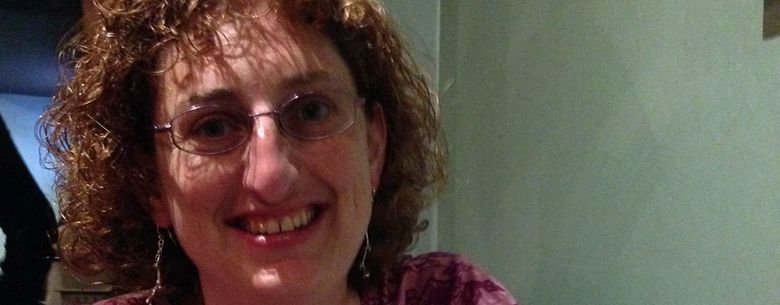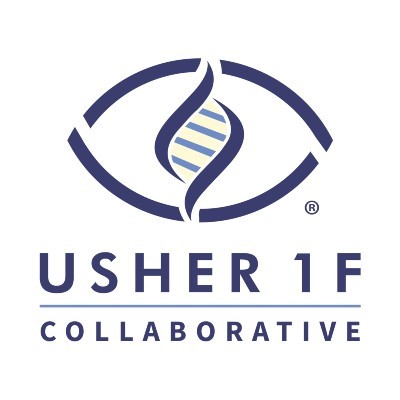
I was born in Connecticut. By the time I was a year old, my parents realized that I could not hear. I attended the American School for the Deaf in West Hartford, Connecticut. When I was 11-years-old, my mother noticed that I was having trouble seeing. I bumped into things a lot at home and at school. I kept bumping into a stool in the kitchen and when I went to the grocery store, I kept bumping into carts in the aisles. My mother and everyone kept telling me to pay attention, but I thought I was paying attention. This led my mother to take me to have my eyes checked, and that is how we learned I had Usher Syndrome. It is genetic. It makes you Deaf then little by little to become blind.
Initially, I was in denial about the Usher diagnosis because I was not sure what life would be like when I grew up and lived on my own. I knew I had to learn to do things by myself, but there are always things I can’t do. Before too long I’ll be completely blind, so I just wanted to go to school and be with my friends and fit in. Sometimes, though, it was too difficult, and I would just end up going home rather than being with others. It wasn’t until after I graduated from high school and went to Gallaudet University for a year-and-a-half that I began to accept my vision loss because I met other DeafBlind people there. This continued when I moved to Minnesota and attended St. Paul Technical College, where I met other DeafBlind people and saw that they had jobs and were leading successful lives. I received my Associate’s degree from St. Paul with a major in Office Systems Specialist. I then moved to Massachusetts, where I attended Salem State University. I majored in Social Work and graduated with a BSW degree.
Currently, I work for DEAF, Inc. as the Regional Director of Independent Living Services. We provide services to Eastern Massachusetts, but I provide the services for the Greater Boston area. My vision is now limited. I have issues with cataracts and will have cataract surgery, which has added to my difficulties. My vision is getting darker, and reading is becoming more difficult. However, I am fortunate to work with a group of supportive people. The supervisors and staff know what my needs are and work with me. They have brought in closed vision interpreters for me and Massachusetts Commission for the Blind (MCB) has provided me with equipment, such as a zoom extension for my computer and one for Closed Caption TV, with additional similar portable equipment for traveling, such as going to restaurants. I have been one of the lucky ones with my career and those I work with.
It is challenging for the DeafBlind to live this way. There are barriers, and we go through much frustration, but we have learned to adapt and accommodate. I have had to get used to communicating with tactile sign language when I am in the dark. Sometimes it is hard for others to accept that I have to touch them when I am in the dark, but most of my friends have gotten used to it or make sure to keep the room well lit.
When they first learned of my Usher Syndrome, it was hard for my parents to accept. They didn’t know if I could be an independent adult, but although it is difficult at times, I feel very independent and successful. I have a job and a home. I travel, go out frequently and I hang out with friends. I just want to be treated as you would treat anyone else. Just because those of us who are DeafBlind face obstacles, we are human too. We are just as smart as and equal to anyone else.
